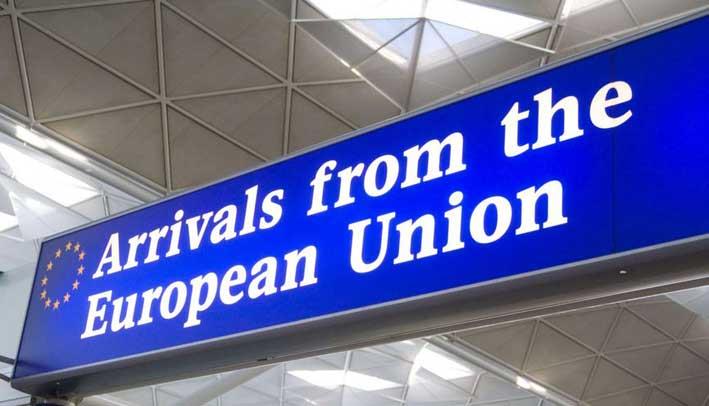Robert Attard, a leading taxation law expert as well as Partner and Tax Policy Leader, EY, Central & South East Europe said that “in the near future, the spotlight will fall on indirect taxation” following the United Kingdom’s decision to leave the European Union.
Results of the referendum determining whether the UK should leave the EU were released last Friday, with 52 per cent voting leave and 48 per cent voting to stay. This has led to a number of questions being raised as to what the relationship between the UK and the EU will be and whether the UK will attempt to join the European Economic Area (EEA).

Being part of the EEA would however mean that the UK would have to allow the free movement of people, services, goods and capital. Free movement of people was one of the leading grievance UK citizens had with the EU – therefore many have observed that it is not likely that the UK will be part of the single market.
“Will there be retention of a tariff free status? Will there be a full customs union? What about free movement or non-tariff barriers?” questioned Dr Attard.
Tariff free status refers to a lack of monetary barriers to trade within the EU’s internal market, while non-tariff barriers refer to obstacles to trade within the EU’s single market which are not monetary, for example a quota on the amount of a certain type of good which can be exported and sold within the EU.
“There is clearly a degree of uncertainty about the UK’s agreements with the EU. In a Brexit the UK’s alternatives must not be many. The UK might negotiate some ‘special status agreement’ retaining, for VAT purposes, the status quo. Who knows? The UK might join the European Economic Area. It could enter a Free Trade Agreement or operate independently along World Trade Organisation lines,” continued.

Britain had opted out of the common currency project within the EU, and has also been resistant towards a fully fledged fiscal union. Asked about whether a move towards such a union could be accelerated following the Brexit outcome, Dr Attard said that “coincidentally, a very important step was taken a couple of weeks before the EU Referendum; the EU had already been moving at a swift pace with respect to initiatives such as the anti-avoidance directive. British voters have just thrown the cat among the pigeons.”
The anti-avoidance directive is part of a January 2016 package of European Commission proposals to strengthen rules against corporate tax avoidance.